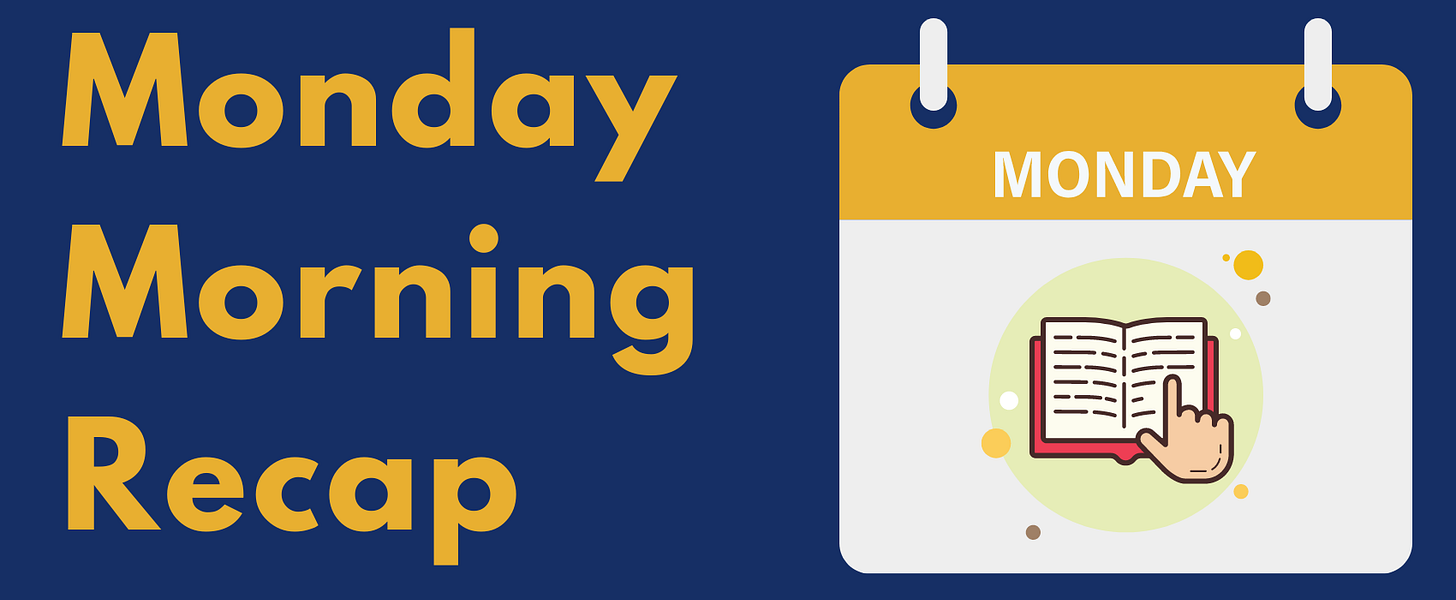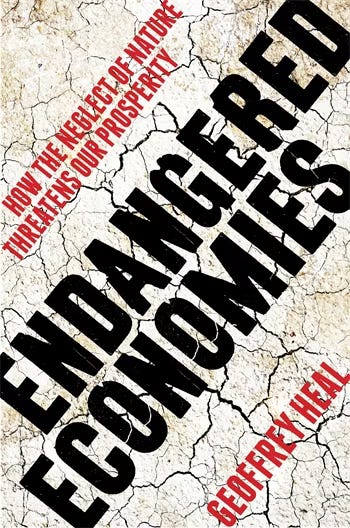Tuesday's Assorted Links
Amazon, baseball, grading, dating, and water shortages

Hi y’all! Here are five stories from this week that contained some neat applications of economic principles or are related to teaching:
Amazon will start charging fees to customers who want to return items through The UPS Store if an Amazon Fresh, Whole Foods, or Kohl’s location is nearby [RetailDive]
Some MLB teams will extend beer sales after new regulations shorten games [CNN]
A new student survey reveals some differences in the ways students think about grades—as well as room for improvement in how professors assign grades and even design courses [Inside Higher Ed]
The economics of dating during high inflation [The Hustle]
Swimming pools and lavish gardens of the rich are driving water shortages [NPR]
A new study has found that training OpenAI's language model, GPT-3, consumed around 185,000 gallons of water, raising concerns about the externalities. The environmental impact of that water extraction isn’t reflected in a use fee for ChatGPT users, leading to the overconsumption of resources.
Given yesterday’s post on water usage and technological advancement, it feels only natural to recommend Geoffrey Heal's book "Endangered Economies" as this week’s book to consider reading. In it, Heal argues that environmental degradation is not only an environmental issue but also an economic one. He covers environmental problems you would expect to see, like climate change, pollution, and loss of biodiversity, but frames those issues in their threats to economic growth and development.






